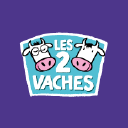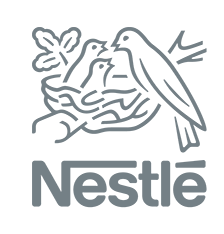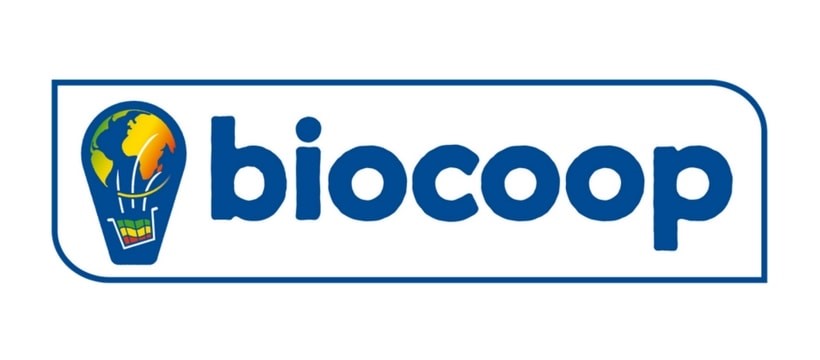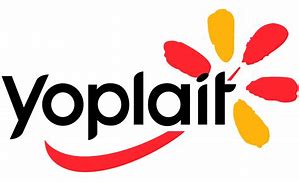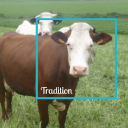Summary
The global organic yogurt market, valued at US$9.6 billion in 2021, is a segment of the broader organic market that continues to grow, despite challenges such as higher prices compared to conventional yogurt and changing consumption patterns. The United States, Germany, and France remain leading markets, with a Compound Annual Growth Rate (CAGR) of 7.55% projected from 2021 to 2028. In France, however, the organic yogurt market has experienced a decline post-COVID, with sales dropping due to economic factors and a shift in eating habits, particularly among younger demographics who are forgoing traditional meals.
Despite this, the organic food sector in France has seen significant growth, with the market tripling in 2021. The typical French consumer of organic yogurt is often a 35-49-year-old woman in an upper socio-professional category. Supermarkets are the primary distribution channel for organic yogurt, holding dominance in both volume and value share, but specialized organic stores also play a role. Regulatory frameworks are strict for organic yogurts in both France and Europe, emphasizing organic ingredients and processes. The penetration rate of organic yogurt increased from 26.5% in 2016 to 37.4% in 2019, but has since seen a slight decrease. Market leaders include Danone and Yoplait, while specialized brands like Les 2 Vaches and Biocoop also contribute to the diversity of offerings in this segment.
Analyzing the Organic Yogurt Appetite in France: A Shift in Consumption Post-Covid
In recent years, organic yogurt has carved out a significant niche in the global market, flourishing particularly well in the French context before encountering post-COVID-19 challenges. Initially, the organic food trend swept through France with impressive growth, the organic yogurt market enjoying double-digit increases. This vigor began to wane. The decline became more acute following the pandemic, with several factors shaping the change in trajectory. One major trend in France's organic yogurt scene is the strong pull toward internationalization, with potential markets like China offering new frontiers.
French brands, both large conglomerates and private labels, are representing a highly fragmented market structure. Despite the market's diversification and a global estimate predicting a compound annual growth rate (CAGR) of between 7% and 8% from 2021 to 2028, the organic yogurt sector in France saw a contraction in growth directly linked to post-pandemic effects and rampant inflation escalating in 2022. The value sales of organic yogurt in France showcased substantial growth until a falloff post-2019, driven by high prices and evolving dietary habits among the youth, who are tending to skip traditional dessert courses.
With the French returning to out-of-home dining post-COVID, consumption of at-home products like yogurt declined. This shift coupled with the price discrepancies between organic and non-organic products, pressured the organic yogurt market causing its downturn. The consumption of organic food products in general remained on an upward trajectory, with the market size more than tripling between 2012 to 2021. Despite that, the year 2021 marked a slight deceleration in growth due to the end of confinements brought on by the global pandemic, affecting particularly the creamery products, including yogurt. The consumer base for organic yogurt is robust across various demographics, but the typical profile includes women between 35 and 49 years old, favoring upper socio-professional categories.
Interestingly, the penetration of organic yogurt in French domiciles depicted a significant rise from 26.5% to 37.4% before plateauing. Looking ahead, the challenge for France's organic yogurt industry lies in managing higher production costs while catering to a price-sensitive consumer base. With the average price of organic yogurt creeping upwards from around €2.80 to €3.10 per kilogram in 2021.
Key Contenders Shaping the Organic Yogurt Landscape
In the bustling and ever-evolving market of organic yogurt, several companies are distinguishing themselves as pivotal players, each contributing in their unique way to the sector's dynamics. Their influence spans from multinational corporations to specialized stores, indicating the vast expanse and layered structure of the market.
The Giants: Diverse Portfolios and Wide Reach
At the forefront are the behemoths like Danone and Yoplait, which have long-established roots in dairy and have successfully carved out their spots in the organic segment. These corporations have adapted to the organic movement by infusing their lines with organically sourced products while leveraging their far-reaching distribution networks to penetrate various markets.
- Additionally, large retail chains such as Carrefour, Auchan, and Leclerc have introduced their private label organic yogurt offerings. These retailers benefit from extensive store networks and customer bases, facilitating the integration of organic options into the regular shopping habits of consumers.
Monoprix follows suit with its own range of organic products, catering to a more urban and perhaps health-conscious demographic.
The Specialists: Authenticity and Customization On a different note, companies like
- Les 2 Vaches—part of the Danone group—specifically emphasize small-batch production and organic sourcing, which attracts consumers looking for authentic and sustainably produced yogurt. They bring to the table a narrative of credibility and dedication to organic principles, enticing a niche segment of the market.
- Organic retailer Naturalia and cooperative Biocoop are critical to the fabric of the specialized organic market, offering a curated selection of organic yogurts alongside other organic goods. Their appeal lies in the promise of providing a comprehensive organic shopping experience, fortified by trust and a sense of community.
- Lastly, relatively newer and smaller entities like Bio & Lo have entered the playing field. They might not rival the giants in scale, but they significantly contribute to market diversity, often inspiring larger players to innovate and remain competitive.
A market of giants and champions In essence, these players, both giants and specialists, constitute a broad spectrum of offerings that not only satiate the current demand for organic yogurt but also stimulate its growth through their distinct approaches and varied positioning. Whether through scale, specificity, or a mix of both, these companies are essential in crafting the story of the organic yogurt market as it stands today and as it unfolds into the future.
to understand this market
Detailed content
 Inforamtion
Inforamtion
- Number of pages : 30 pages
- Format : Digital and PDF versions
- Last update : 07/10/2020
 Summary and extracts
Summary and extracts
1 Market overview
1.1 Introduction
Organic yogurt is a coagulated dairy product obtained from the fermentation of milk by bacteria, in compliance with organic farming standards. Organic yogurt is made from organic milk, from organic cows raised in the open air and fed organically in over 60% of cases, from a factory certified organic according to official specifications, and from organic farmers who do not use synthetic pesticides or fertilizers on their farms. Organic yoghurts come in a variety of forms: vegetable yoghurt, yoghurt made from goat's or sheep's milk, yoghurt made from cow's milk, and so on.
The organic yogurt market in France represents less than 5% of the total yogurt market, but both markets continue to grow every year. The organic yoghurt market in France is highly fragmented, with a multitude of private label brands, as well as agri-food behemoths such as Danone and Triballat Noyal. As a result, the market structure is highly diversified.
To sustain its growth(CAGR of 7.55% between 2021 and 2028), the organic yogurt market is focusing on international markets, particularly China, as exemplified by the Triballat group. The main challenge facing the organic yogurt market remains its higher price than "conventional" yogurt, in an economic climate unfavorable to pleasure purchases. One positive factor for the market is the growing awareness of the benefits of organic food for the body, health and the planet, with an impressive rise in the number of organic products purchased in stores.
 List of charts
List of charts
- The global organic yogurt market
- French organic yogurt market
- Sales of organic food products
- Organic food market trends
- Why do you eat local organic food?
All our studies are available online in PDF format
Take a look at an example of our research on another market!
Latest news
Companies quoted in this study
This study contains a complete overview of the companies in the market, with the latest figures and news for each company. :
 Choosing this study means :
Choosing this study means :
Access to more than 35 hours of work
Our studies are the result of over 35 hours of research and analysis. Using our studies allows you to devote more time and added value to your projects.
Benefit from 6 years' experience and over 1,500 industry reports already produced
Our expertise enables us to produce comprehensive studies in all sectors, including niche and emerging markets.
Our know-how and methodology enable us to produce reports that offer unique value for money.
Access to several thousand articles and paid-for data
Businesscoot has access to all the paid economic press as well as exclusive databases to carry out its market research (over 30,000 articles and private sources).
To enhance our research, our analysts also use web indicators (semrush, trends, etc.) to identify market trends and company strategies. (Consult our paying sources)
Guaranteed support after your purchase
A team dedicated to after-sales service, to guarantee you a high level of satisfaction. +44 238 097 0676
A digital format designed for our users
Not only do you have access to a PDF, but also to a digital version designed for our customers. This version gives you access to sources, data in Excel format and graphics. The content of the study can therefore be easily retrieved and adapted for your specific needs.
 Our offers :
Our offers :
The organic yogurt market | France
- What are the figures on the size and growth of the market?
- What is driving the growth of the market and its evolution?
- What is the positioning of companies in the value chain?
- Data from several dozen databases
Pack 5 études (-15%) France
- 5 études au prix de 75,6€HT par étude à choisir parmi nos 800 titres sur le catalogue France pendant 12 mois
- Conservez -15% sur les études supplémentaires achetées
- Choisissez le remboursement des crédits non consommés au terme des 12 mois (durée du pack)
Consultez les conditions du pack et de remboursement des crédits non consommés.
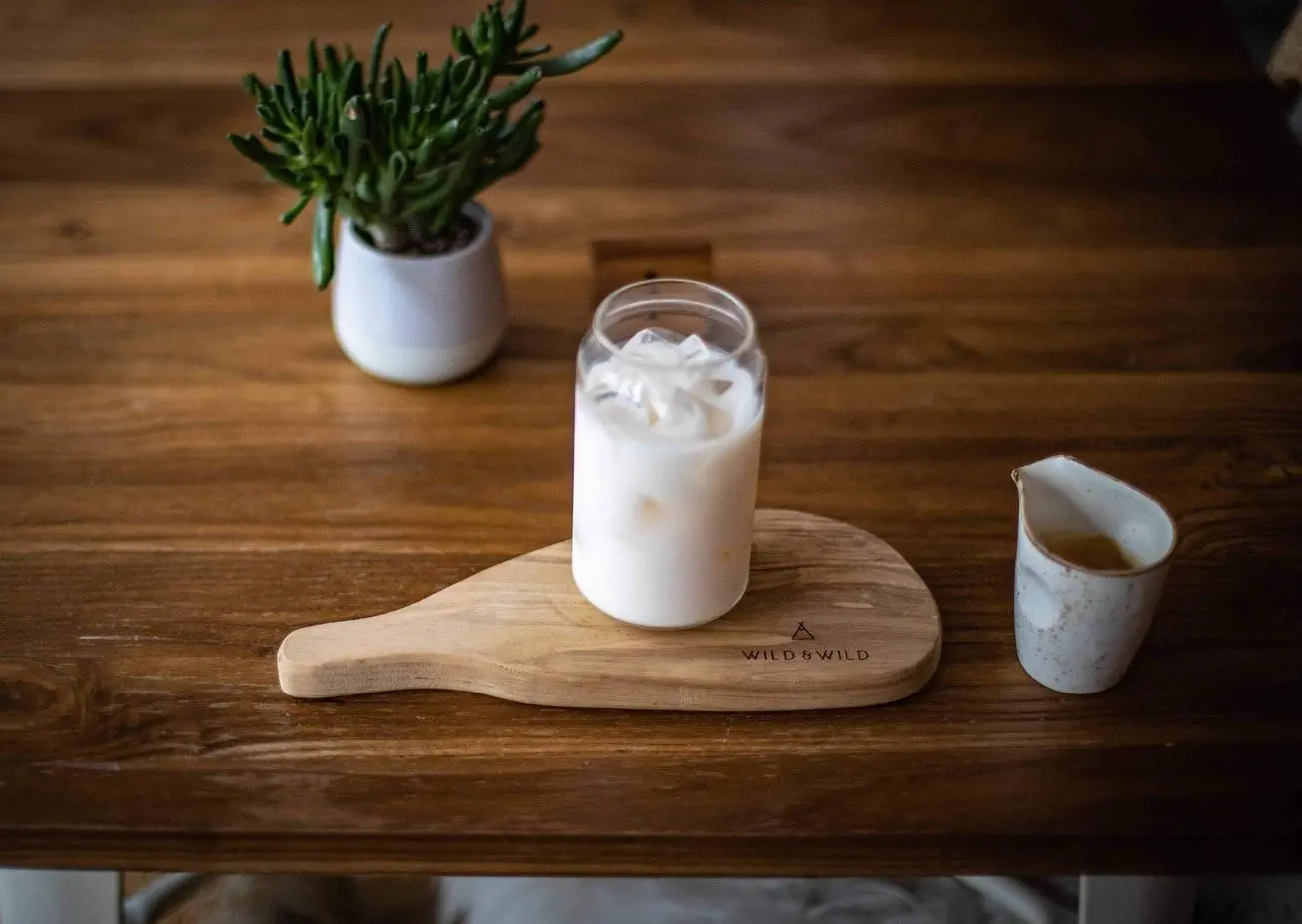




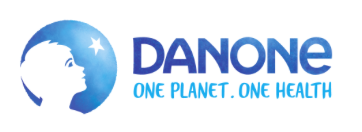 Danone opens a second plant for plant-based products in France - 12/02/2024
Danone opens a second plant for plant-based products in France - 12/02/2024
 Brie specialist Laïta continues to modernize its plants - 01/02/2024
Brie specialist Laïta continues to modernize its plants - 01/02/2024
 Creamery: Le Petit Basque doubles up the sweetness with its goat's milk specialties - 09/01/2024
Creamery: Le Petit Basque doubles up the sweetness with its goat's milk specialties - 09/01/2024
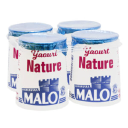 Malo dairy reorganizes to support growth in yoghurt production - 16/12/2023
Malo dairy reorganizes to support growth in yoghurt production - 16/12/2023


